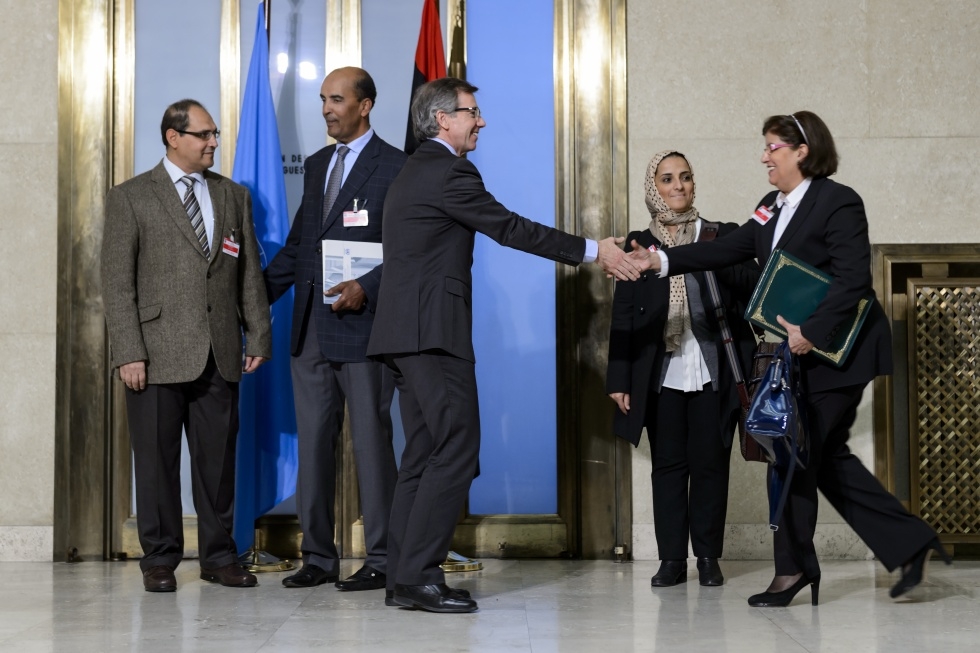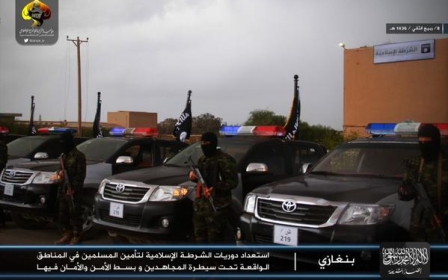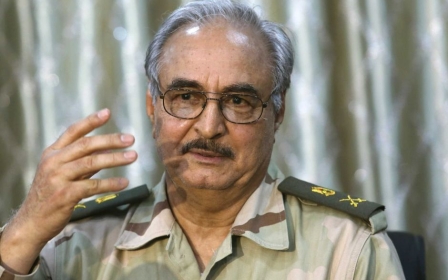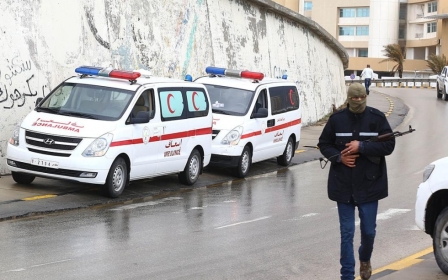Libya’s Tobruk parliament revokes law banning Gaddafi-era officials

Libya’s Tobruk parliament on Monday voted to suspend a controversial law that barred officials from the era of toppled dictator Muammar Gaddafi from holding political posts.
“The House of Representatives (HoR) voted in favour of suspending the law of political exclusion until the adoption of a permanent constitution,” lawmaker Tarek al-Jerushi said, adding that the law could now be considered “annulled”.
“Parliament has revoked the political isolation law,” Jerushi told the Anadolu Agency.
“All Libyans are equal. No one should be deprived of the right to practise politics except those who have been found guilty [of wrongdoing],” he said.
It is unclear how the authorities will be able to apply the law since the legitimacy of the parliament is disputed by a rival coalition that seized Tripoli last year.
Two assemblies currently vie for legislative authority: the recently elected HoR in Tobruk, and the previously elected General National Congress (GNC) in Tripoli.
The Islamist-led Fajr Libya group reinstated the GNC and formed a rival government when it overran the capital, forcing the new parliament and government to take refuge in eastern Libya.
In May 2013, the GNC passed the law banning officials who had served under Gaddafi between 1 September 1969 and the fall of his regime in October 2011 from holding any political position.
Its opponents have argued that it was adopted under pressure from armed groups that besieged government buildings in Tripoli for days until it was approved by the then transitional assembly.
The legislation, however, excluded officials who had defected from the Gaddafi regime in 2011 to join a popular uprising against his rule.
The North African nation has been wracked by conflict since the overthrow and killing of Gaddafi in a 2011 uprising.
Powerful militias, backing rival governments and parliaments, have been battling for control of key cities and the country’s oil riches.
New MEE newsletter: Jerusalem Dispatch
Sign up to get the latest insights and analysis on Israel-Palestine, alongside Turkey Unpacked and other MEE newsletters
Middle East Eye delivers independent and unrivalled coverage and analysis of the Middle East, North Africa and beyond. To learn more about republishing this content and the associated fees, please fill out this form. More about MEE can be found here.




